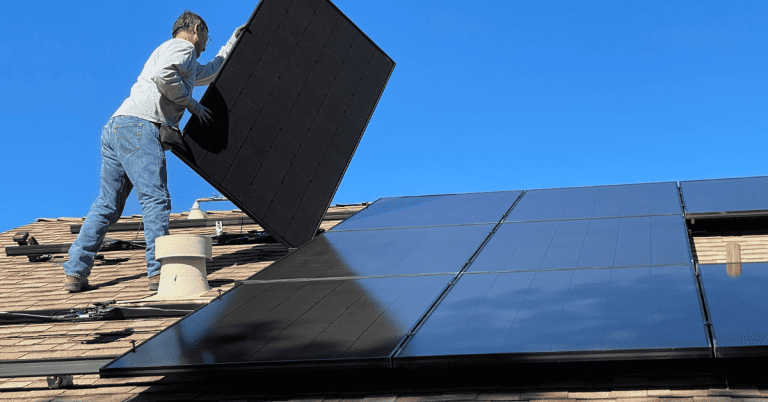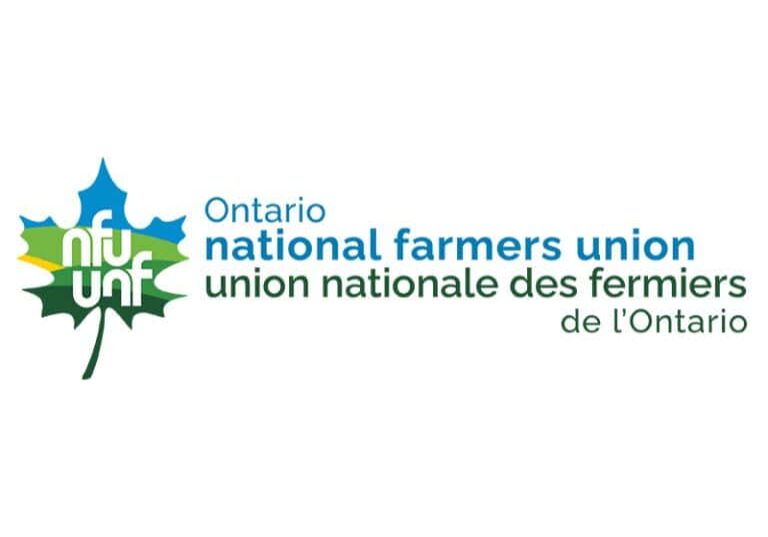Response to Proposed Changes to Ontario Energy Board (OEB) Act Re: Third-Party Net-Metering Arrangements

RE: ERO 019-4554 Supporting Residential Roof-Top Solar and other renewable resources by clarifying eligibility of third-party leasing and financing net metering arrangements
Dear Ms. Heiman,
The National Farmers Union – Ontario (NFU-O) is an accredited farm organization representing thousands of sustainable family farmers in Ontario and has advocated for farm families across Ontario and Canada since 1969. Members work together to achieve agricultural policies that ensure dignity and income security for farm families, while protecting and enhancing rural environments for present and future generations. The NFU-O collaborates locally, nationally and internationally to research, educate, and share effective solutions that lead to a better world for farm families and their communities.
The NFU-O appreciates the opportunity being given to comment on the proposed changes to O. Reg. 541/05 (Net Metering), made under the Ontario Energy Board Act, 1998 to clarify the eligibility of third-party financing and leasing net metering arrangements.
Members of the NFU-O are deeply concerned about our changing climate and recognize that the transition to clean energy, and away from fossil fuels, is a necessary step towards a more sustainable food and farming future. Through our democratic policy development process, we adopted our position on renewable energy production, including tidal, solar, geothermal and wind, in 2008.
Support for amending eligibility criteria to include those leasing and financing
The NFU-O supports the Ministry of Energy amending the net metering regulation to clarify that the criteria for a customer/service provider to qualify as an eligible generator, include those that are financing or leasing the generation equipment. The Ontario Energy Board Act, 1998 defines “generator” as “a person who owns or operates a generation facility” and we agree with the OEB staff’s view that the use of “or” indicates that a person need not both own and operate a generation facility in order to be considered a “generator”; either one suffices, as outlined in the OEB Bulletin on October 25th, 2021.
By clarifying the eligibility criteria in this way, the barrier for accessing the tangible benefits of net metering arrangements is removed for households that otherwise could not have afforded the upfront costs ($75,000-100,000) of purchasing and installing solar panels, or other renewable energy generating equipment. We believe including customers leasing and/or financing generation equipment, as is the case in British Columbia, is necessary to creating a sustainable energy future in Ontario.
Protecting Ontarians from corporate interests
The NFU-O calls on the Ministry of Energy to create a list of approved solar, and other renewable energy generating, installers that customers can choose from to be eligible to receive credits for the surplus energy generated through net metering arrangements. The NFU-O believes that energy is a vital national concern and thus the government should do its part to protect citizens from energy corporations which may seek to exploit this vital resource for profit purposes detrimental to the public interest.
In Nova Scotia, the Department of Natural Resources and Renewables and the Clean Foundation direct interested Nova Scotians to their “SolarAssist” resource, a website which lists approved installers and contains a helpful FAQ section for advice on choosing an installer, etc. The NFU- O believes a similar resource should be created for Ontarians interested in entering net metering arrangements, to educate citizens and protect them from entering into fraudulent deals with energy suppliers.
Further support for small-scale renewable energy generation
Furthermore, the NFU-O believes the Ministry of Energy could be doing more to incentivize the small-scale generation of renewable energy beyond amending the eligibility criteria in the Ontario Energy Board Act, 1998.
The NFU-O recommends that the Ministry of Energy provide grants to install solar panels, and other renewable energy generating equipment, on residential, commercial, and especially on farm properties, to increase the amount of renewable energy generated in the province.
Despite knowledge that an on-farm energy use reduction is necessary to mitigate the very real effects of climate change, a 2019 National Energy Board analysis of federal statistics show that Canadian agricultural energy demand increased from roughly 200 petajoules (about 55 million megawatt-hours) in 1990 to 300 PJ in 2016. The NFU-O believes that monetary support for renewable energy generation for on-farm use and for net metering is fundamental to Ontario’s clean energy future.
Programs like Alberta’s former Residential & Commercial Solar Program, that incentivized the installation of renewable energy generation equipment with tangible benefits to homeowners, like 30% off the price of their solar panels system (up to a maximum of $10,000) in rebates, are the key to unlocking the province’s potential to generate renewable energy locally.
Once again, we appreciate the opportunity to provide our comments on the proposed changes to O. Reg. 541/05 (Net Metering), made under the Ontario Energy Board Act, 1998.
Sincerely,
Don Ciparis
President, National Farmers Union – Ontario








